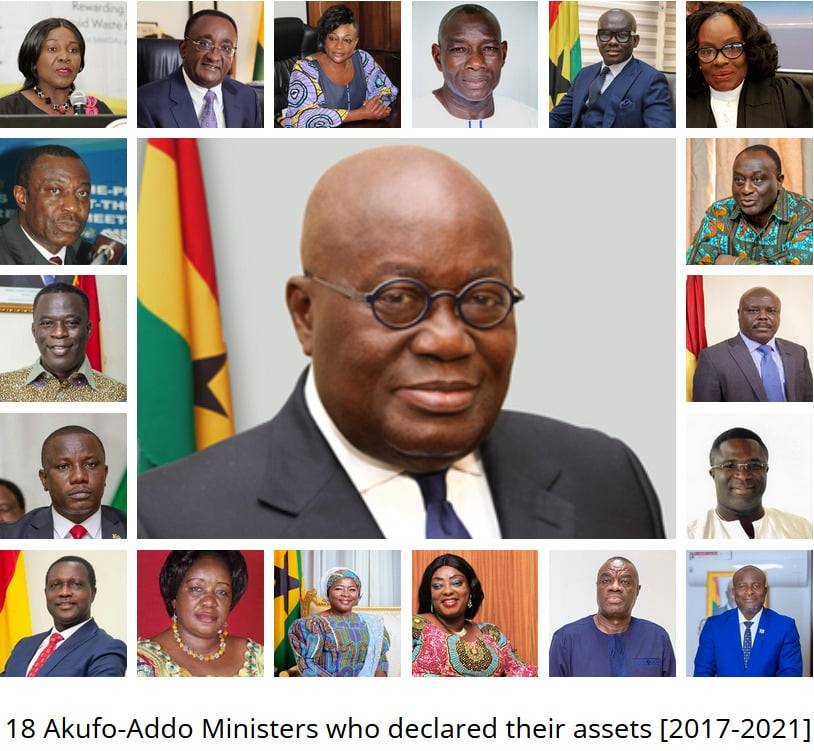Every decision, action, and choice made by individuals, particularly leaders, has far-reaching consequences that shape the course of history. The principle of karma, often misunderstood as fate or destiny, is a profound force that ensures every deed, good or bad, has repercussions. This concept is especially pertinent in politics, where leaders wield significant power and influence.
Effective leaders who utilize their power for the greater good, work tirelessly to promote the welfare of their citizens, and govern with integrity and compassion create a lasting legacy of hope, unity, and peace. Conversely, leaders who abuse their power, prioritize personal gain, and rule with an authoritarian mindset will inevitably face widespread discontent, chaos, and ultimately, their downfall.
Ghana's history has borne witness to this phenomenon. Leaders who failed to deliver on their promises and instead inflicted suffering on their citizens have lost their influence, and their karma has ultimately caught up with them. On the other hand, visionary leaders who embody the spirit of service and sacrifice have inspired hope and illuminated a path forward.
It is crucial to recognize that political power belongs to the people, not individuals. Leaders must exercise their power for the greater good, rather than personal gain. Unfortunately, Ghana has experienced partisan politics, where appointees have allegedly used their power to suppress opposition, undermining national unity and trust.
To foster a more inclusive environment, leaders must prioritize citizens' welfare, regardless of their political affiliations. By doing so, they will ensure that power is utilized for the nation's betterment. As we move forward, it is essential to remember the dynamics of karma and choose leaders who will bring prosperity, peace, and unity.
Ultimately, it is not individual power but the power of actions that shapes history, governed by the dynamics of karma. By acknowledging this principle, we can promote a culture of accountability, justice, and responsiblele leadership.




No comments yet
Be the first to share your thoughts!